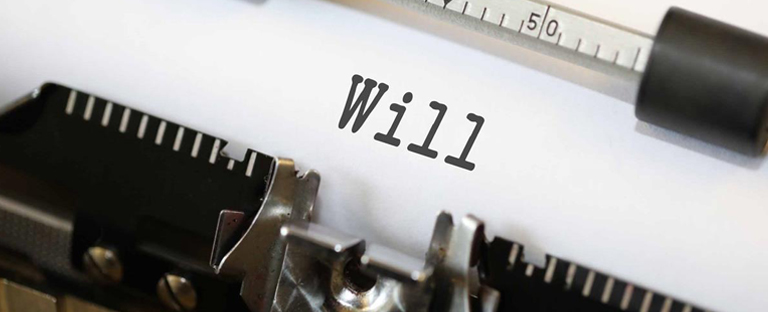
Top 10 Duties of an Executor with Step by Step instructions
When a loved one passes away and their will is accepted for probate, the executor “steps into their shoes,” meaning he or she can perform all the legal tasks the decedent used to do. This includes selling property, paying creditors, bringing lawsuits, reviewing medical records and distributing assets to others. In addition, an Executor may be responsible for preparing a home for sale. Clearly, acting as an executor is an important job, assigned to an individual the decedent considered a responsible person.
Executors can be attorneys, accountants or bank or trust companies. More often, however, they are trusted family members or friends. For family and friends, they have the difficult task of balancing the mourning of the loss of a loved one to the fiduciary duty of the Executor.
Depending on the complexity of circumstances, an executor will be required to carry out any or all of the following duties:
- File a copy of the will with the local probate court. Even if probate isn’t necessary, the will still must be filed with the probate court.
- Notify agencies and companies. Agencies such as The Social Security Administration, credit card companies, and decedent’s bank need to be notified.
- Decide what kind of probate is needed. Sometimes probate isn’t needed or the value of the estate may allow it to pass through an expedited process. You’ll need to file a petition with the court if probate is required and will most likely need an attorney’s help to do this.
- Represent the estate in court. An executor may be needed to appear in court on behalf of the estate.
- Set up an estate bank account. Use this to pay any outstanding bills the decedent may have such as utilities, and mortgage payments. This account will also be used to hold any incoming paychecks or money owed to the decedent.
- File an inventory of the estate’s assets with the court.
- Care for the property until it can be sold or distributed. This includes maintaining a house until it is distributed or sold. An executor is responsible for finding all personal property in the estate, including such items as a safety deposit box.
- Pay debts and taxes of the estate. This includes notifying creditors and filing income tax returns for that year.
- Distribute assets. Supervise the distribution of the deceased person’s property/assets according to the will or to those entitled by law. Now is a good time to consult with a reputable auction house like the one I work with frequently, Neely Auction, for advice on how best to handle certain assets.
- Dispose of other property. If any property is left after paying the estate’s debts and dispersing assets to heirs, the executor is responsible for disposing of it.
While being chosen as an executor is a special honor, it can also be stressful and time consuming. At Ready, Set, Move Group we have experience in handling the contents of an inherited homes throughout Broward and Palm Beach Counties. Trust us to compassionately sort through a lifetime of possessions while keeping you in the loop every step of the way. Whether you live nearby or across the ocean, we can handle distributing the contents of the home as well as preparing it for market.
Contact us today for a free phone consultation.